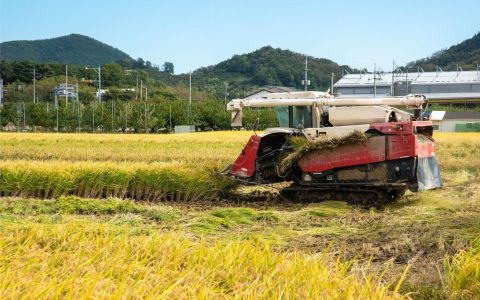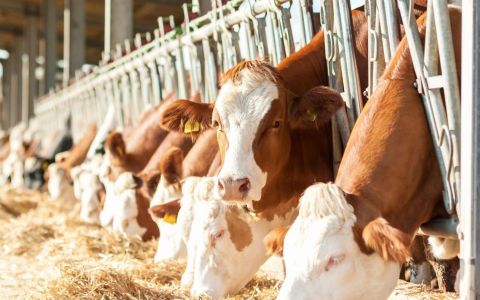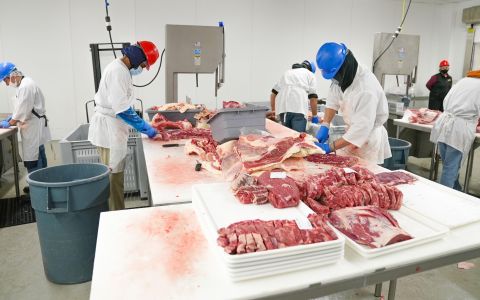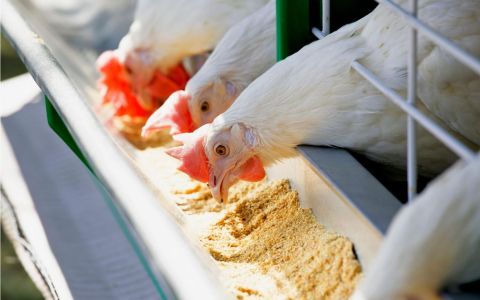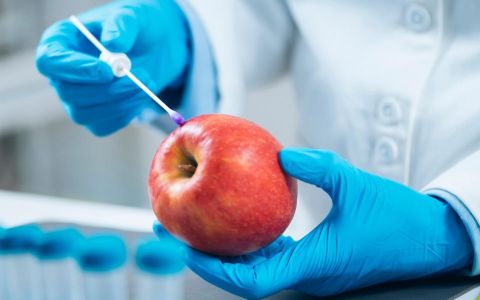Manufacturers are developing organic fertilizers, while the government expands subsidies, working together to create a farming environment that is environmentally friendly.
Chemical fertilizers have high nutrient content and require less quantity. They can be directly and rapidly absorbed by crops, which has been a common practice among farmers for a long time. However, Taiwan's high temperature and rainfall lead to rapid decomposition of organic matter, resulting in insufficient organic content in farmland soil. This, in turn, causes soil acidification and heavy metal accumulation, resulting in irreversible damage. Organic fertilizers have a slow but long-lasting effect. They promote the growth of beneficial microorganisms in the soil, improve soil aeration, water retention, and fertility. They also enhance the soil's ability to buffer against environmental changes, preventing drastic fluctuations in pH and EC values.
In recent years, due to the impact of the COVID-19 pandemic and the Russia-Ukraine conflict, the prices of chemical fertilizers have been continuously rising. This creates a good opportunity to promote organic fertilizers. In addition, the Agricultural Development Agency has implemented strategies for achieving zero net emissions in agriculture and actively seeks funding. They provide subsidies of up to 10 metric tons per hectare for the application of domestically produced organic fertilizers to conventional farming households, with a maximum subsidy of 20,000 NTD. This aims to reduce the financial burden on farmers and decrease the usage of chemical fertilizers. Taiwanese manufacturers are also dedicated to researching and developing environmentally friendly fertilizers, working together to enhance the fertility of farmland in this region.
ROLLING GREENS CO., LTD.
"ROLLING GREENS CO., LTD." utilizes cutting-edge fermentation technology to introduce "RichFarm," a microbial product with over 15 billion colony-forming units (CFUs) per gram. It innovatively employs freeze-drying technology to maintain the stability and long-term preservation of high CFU counts at room temperature. "RichFarm" functions as a soil probiotic, leveraging the diverse microbial environment present in crop growth. Some beneficial microbes aid in nutrient absorption, while others enhance immunity. The research and development team has selected specific probiotic strains suitable for different crops. Without altering farmers' cultivation practices, these strains are mixed with water in the existing irrigation system and applied to the soil alongside chemical or organic fertilizers. This results in the production of stimulating substances that promote plant growth and effectively prevent pathogenic infections. These probiotics adapt to various environments and farming methods, boosting crop yield and quality, leading to increased sweetness and fruitfulness. "ROLLING GREENS CO., LTD." holds dual patents in mainland China and Taiwan. With a global market presence, the company is committed to agricultural sustainability, serving farmers worldwide and achieving agricultural prosperity.
GROUP GAIN BIO-AGRI CO., LTD.
During the rearing process, livestock and poultry generate waste such as excrement, bedding material, and damaged eggs, as well as wastewater. Improper handling of these waste materials can lead to foul odors, breeding of flies and mosquitoes, and contamination of water sources, posing public health and sanitation concerns that impact the quality of life for nearby residents. "GROUP GAIN BIO-AGRI CO., LTD." utilizes enzymes to decompose livestock and poultry waste, transforming organic matter into well-ripened organic fertilizers within a short time of 3-4 hours, much faster than traditional composting methods. The mechanical equipment requires less space compared to traditional composting, which requires large areas for piling. The energy-efficient design of the equipment ensures rapid heating of the tank, consistent internal insulation, uniform mixing without dead zones, and stable and consistent product quality. The process does not consume nitrogen or carbon source components, preserving the nutrient content of the fertilizer and eliminating wastewater odors. Furthermore, the high-temperature reaction significantly reduces insect eggs and pathogens, reducing the environmental burden. "GROUP GAIN BIO-AGRI CO., LTD." adopts a circular agriculture approach by incorporating agricultural and livestock waste, reducing waste generation during fertilizer production. Their products not only meet the market demands but also contribute to a non-toxic agricultural environment, deeply cultivating the land and creating blessings for farmers.
Other News
Nocera, Inc., a fully integrated sustainable aquaculture company focused on the manufacturing and operation of land-based Recirculating Aquaculture Systems (RASs), is pleased to announce its commencement of preliminary discussions with Chang Tai Group to explore the feasibility of a strategic collaboration.
Pesticide drops carried out by drone 4 times more efficient than by manual labor
Taiwan has witnessed rapid growth in its renewable energy sector. To bolster the adoption of clean energy, the government is actively promoting a free-market framework for green energy trading
A majority of Taiwan's long-distance saury fishing vessels have switched to using light emitting diodes (LEDs) to conduct saury fishery in the Pacific for environmental reasons.
As a result, the shift of land-based aquaculture to offshore cage net farming, creating "ocean ranching," has become a trend. This allows for the consumption of saltwater fish without the need for ocean fishing, while land can be repurposed for other uses. It saves freshwater resources, reduces carbon footprints and damage caused by disasters, and promotes a friendly farming environment that minimizes the impact of aquaculture on the environment, ultimately achieving sustainable operation.
Traditional agricultural machinery, mostly powered by diesel, is one of the primary sources of carbon emissions in agriculture. To respond to the call for net-zero emissions, countries are encouraging farmers to use electric agricultural machinery that reduces carbon emissions. Electric agricultural machinery also offers advantages such as low noise, low vibration, low waste heat, and easy startup. If they can be charged with renewable energy sources like solar power or wind power, it further enhances energy savings and carbon reduction efforts.
Animals raised without antibiotics rely on alternative health supplements like herbal medicines, probiotics, enzymes, or plant-based additives for robust health. This approach promotes a healthy digestive system, resulting in fewer cases of diarrhea, reduced fecal and urine odor, and less environmental pollution. By avoiding antibiotic use, the development of antimicrobial resistance in microorganisms is prevented, preserving the effectiveness of antibiotics. It also ensures food safety by eliminating the risk of drug residues.
Automated cutting equipment is common in modern meat processing plants for meat portioning, but detailed cutting still relies on manual hand-cutting. Knives play a crucial role in this process, significantly impacting efficiency and quality. Choosing the right knives reduces manual cutting time and effort, minimizes hand injuries, improves work efficiency, and ensures the preservation of high-quality meat with its market value intact.
Raising healthy animals for delicious meals is a challenging task that requires careful attention. In traditional animal farming, it becomes necessary to supplement animal feed with nutrients to bolster their immune systems, minimize the risk of illnesses and mortality, and enhance productivity and growth rates. This, in turn, increases overall production efficiency. In the event of animals falling ill, timely administration of medication can aid in their recovery. Alternatively, the utilization of natural herbal remedies can eliminate the residues associated with conventional chemical drugs, thereby safeguarding human food safety.
For international trade, many countries have strict inspection standards for pesticide residues in imported products. Only qualified products that have been ensured of their quality and safety can be distributed to the international market.















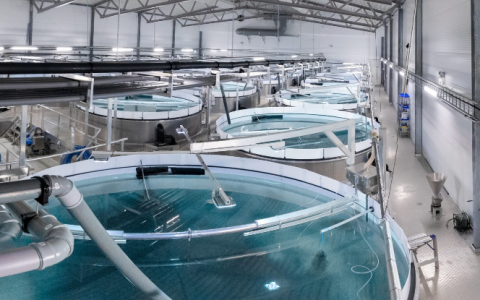
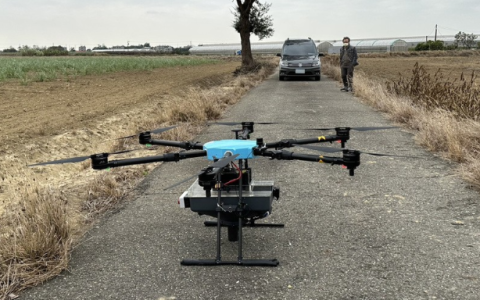
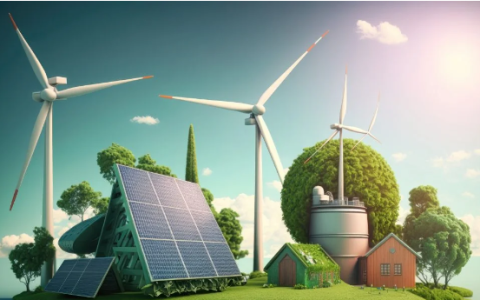
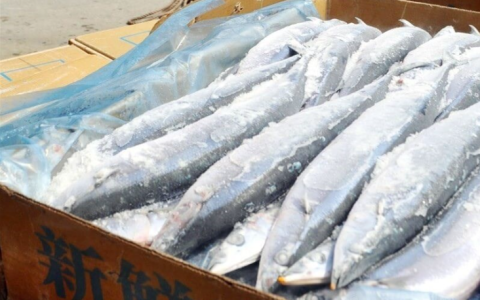
__23G27ZHEBA.jpg)
